Coronavirus: Europe in crisis as COVID-19 cases surge in France, Spain, UK
The first wave in Europe was nothing compared to what the continent is now grappling with in the lead up to winter, with more than 100,000 cases recorded each day.
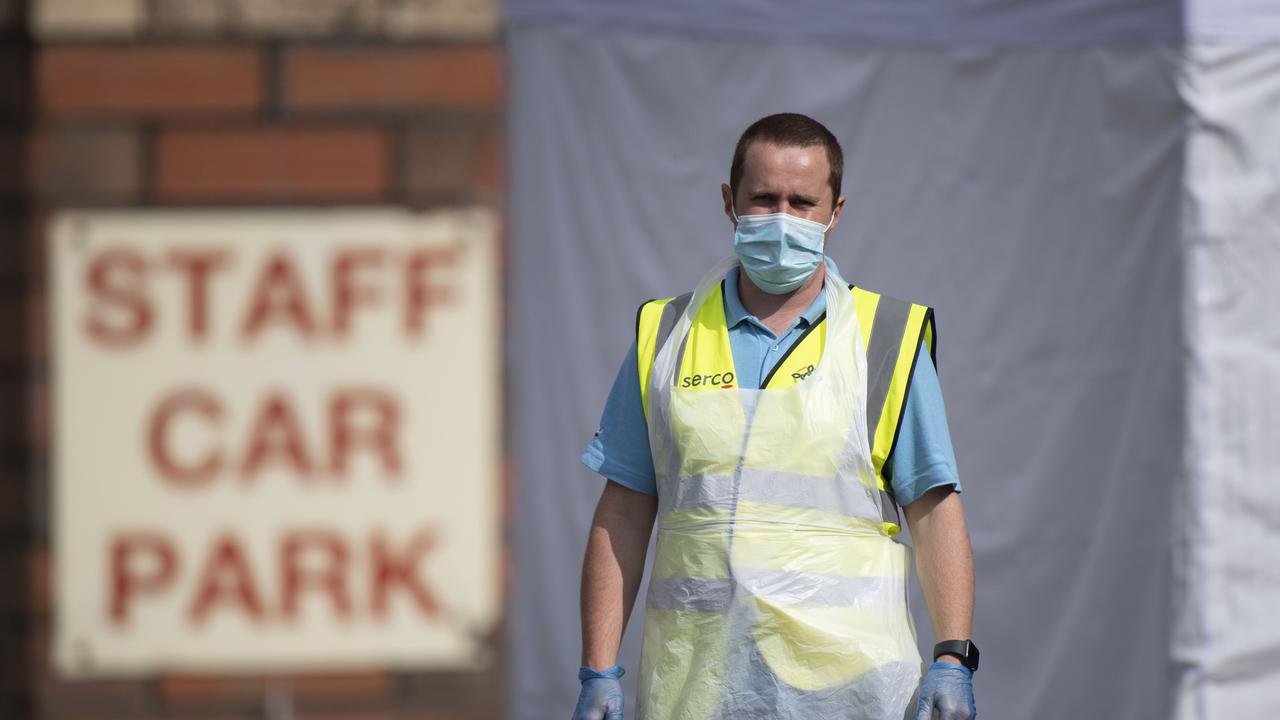
Europe is grappling with a devastating second wave of coronavirus, with the continent hitting 100,000 new cases each day and authorities fearing they could be in for the biggest battle yet.
France became the latest European nation to toughen coronavirus controls today, imposing a curfew in the capital Paris and eight other cities from Saturday.
“We have to act. We need to put a brake on the spread of the virus,” President Emmanuel Macron told reporters.
The 9pm to 6am curfew will be in force for up to six weeks. Alongside Paris, major cities like Lyon, Mediterranean port Marseille and southwestern Toulouse will also impose curfews, meaning that around 20 million people will be affected out of a total population of some 67 million.
It’s not the only country implementing drastic new measures to get on top of a surge in new COVID-19 infections.
With more than one million coronavirus deaths and nearly 40 million cases worldwide, regions like Europe that suppressed the first outbreak are again facing tough choices on how to control a new wave without economically destructive national lockdowns.
RELATED: Follow our live coronavirus updates
RELATED: Conspiracy theorist’s party leads to death of two family members
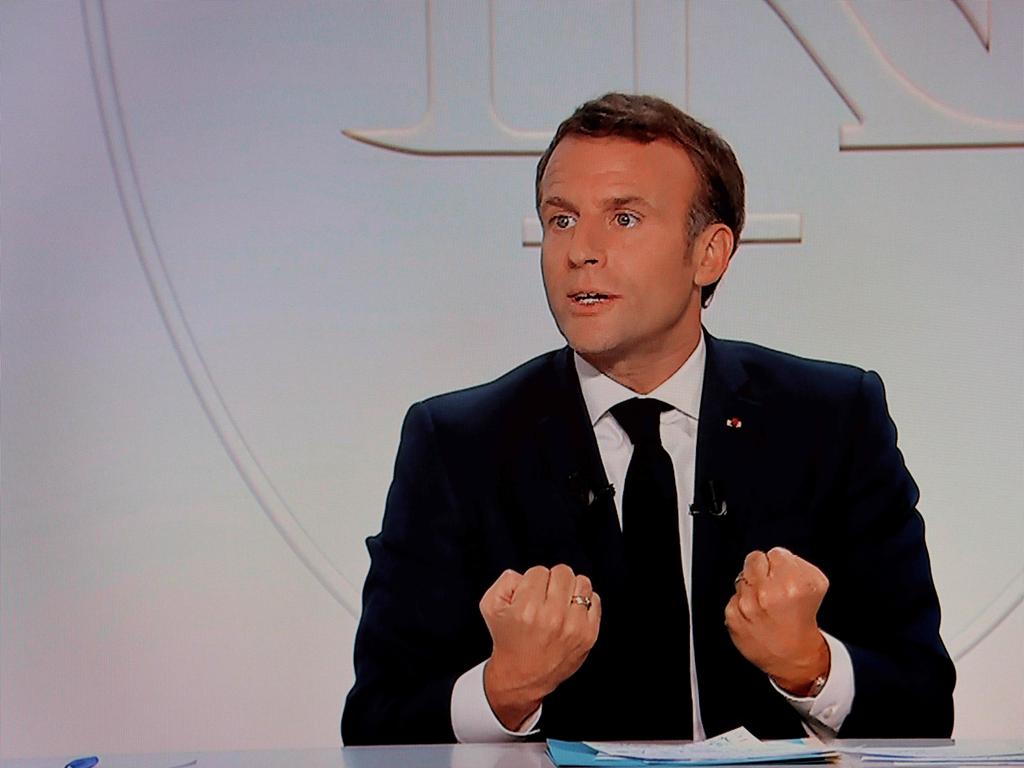
Bars and restaurants have closed across Spain’s northeastern Catalonia region for the next 15 days as the country tackles one of the highest rates of infection in the European Union, with nearly 900,000 cases and more than 33,000 deaths.
Measures also came into force across the Netherlands, including restrictions on alcohol sales and new mask requirements, while Northern Ireland announced a four-week closure of pubs and restaurants.
Infection rates “must be turned down now or we will be in a very difficult place very soon indeed,” First Minister Arlene Foster told politicians in the Northern Ireland Assembly.
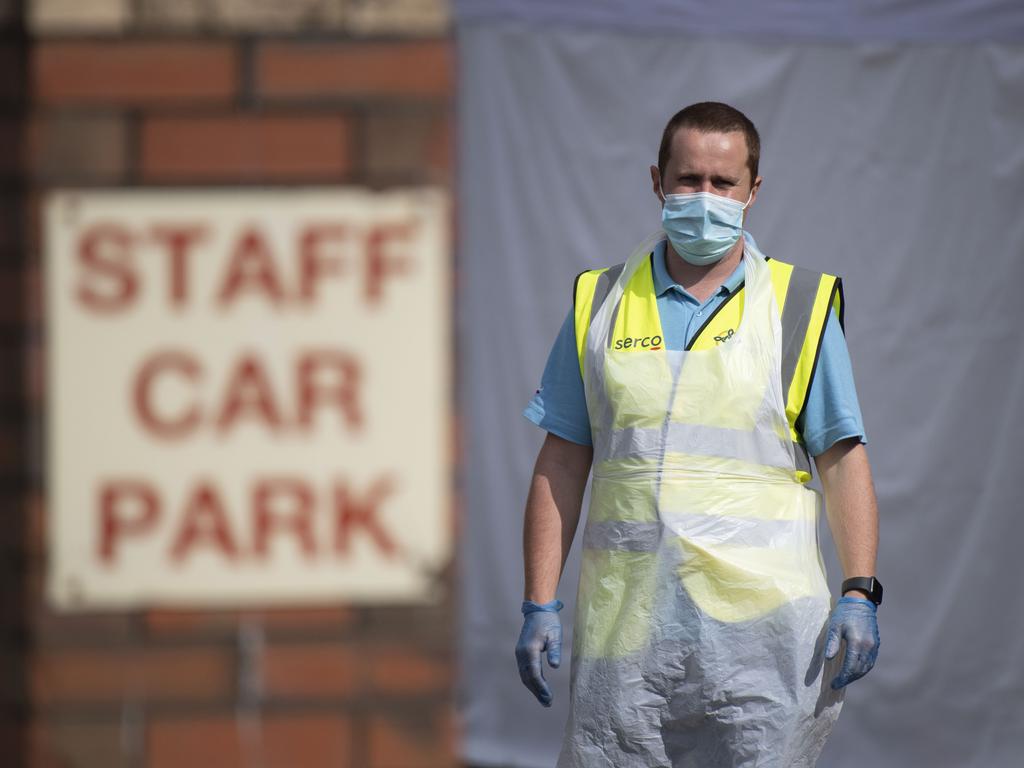
British Prime Minister Boris Johnson is also under increasing pressure to impose more stringent measures to cut spiralling rates in England, including a two-week “circuit-breaker” lockdown.
Mr Johnson said a new UK-wide lockdown would be a “disaster” but refused to rule it out as the government’s science advisory committee endorsed a temporary shutdown.
The Conservative leader is desperate to avoid a repeat of the outbreak in March that left more than 43,000 dead – the worst toll from the pandemic in Europe.
But like other leaders he is under pressure to protect the country’s already battered economy.
We are introducing a three tiered system of local COVID Alert Levels in England.
— UK Prime Minister (@10DowningStreet) October 12, 2020
[Tap to expand the graphics]
For more information and to find out which alert level applies in your area go to: https://t.co/G7nva4OUE1 pic.twitter.com/JP6gv7YHiz
And in Italy, authorities recorded 7,332 new cases on Wednesday – the highest daily count the hard-hit country has yet seen.
Rome has already imposed new, tougher rules to control the virus’ resurgence, including an end to parties, amateur football matches and snacking at bars at night.
German Chancellor Angela Merkel also wants tougher measures to fight a surge in coronavirus infections, according to a draft policy paper seen by AFP. Those included more masks and limiting numbers at private events.
New infections in Germany continued to rise Wednesday, pushing past 5000 cases in 24 hours — a level not seen since a lockdown imposed on Europe’s biggest economy in the spring.
“We’re in a situation where I think we can still flatten the exponential growth,” Lothar Wieler, head of Germany’s disease control agency said.
“But for that we all need to make an effort.”
New measures have evoked memories of the devastating lockdowns earlier this year that eroded economies and businesses and pushed millions of people into joblessness as sectors from the travel industry to manufacturing struggled with weeks of closure.
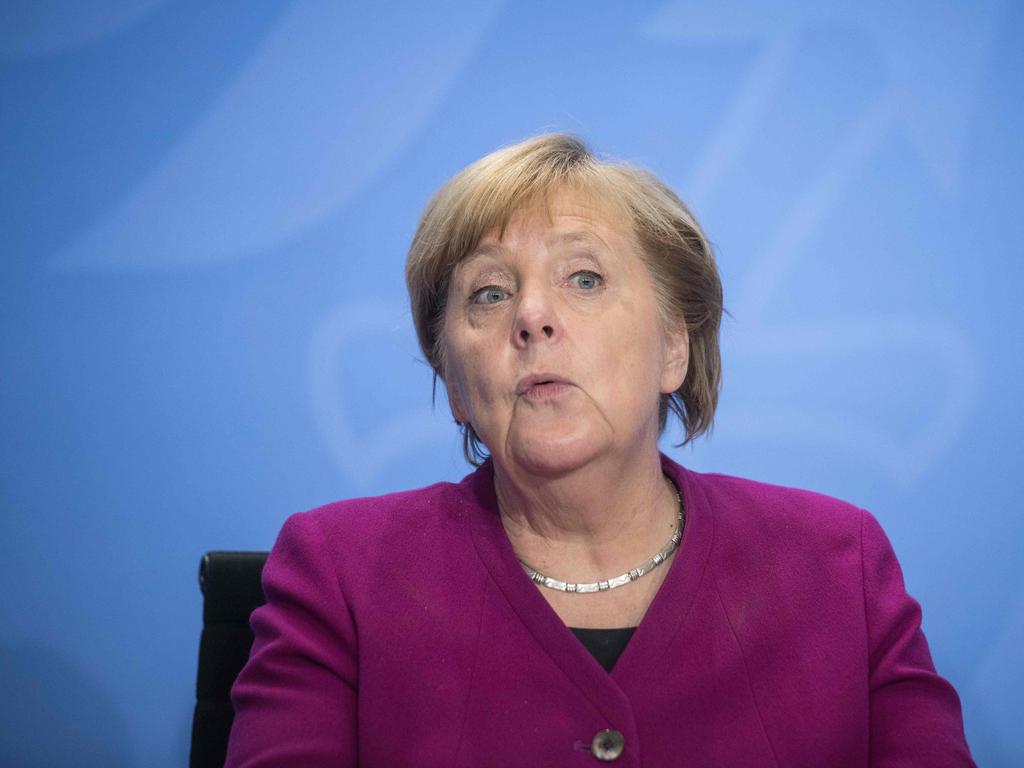
And in Austria, health authorities have resorted to using bike couriers to deliver COVID-19 tests around its capital Vienna.
“In the city we’re speedier than cars, because we can get through dense traffic faster and don’t need to look for parking spaces,” said Marcus Hanauld, a 25-year-old messenger bike courier who until three weeks ago was delivering takeaways.
To test and trace potential cases faster, more than 100 bike messengers working for courier service Veloce are now delivering the city’s free “gargle tests” to around 1000 people every day.
The Czech government also closed restaurants and bars and banned alcohol in public places earlier this week after a record spike in COVID-19 infections.
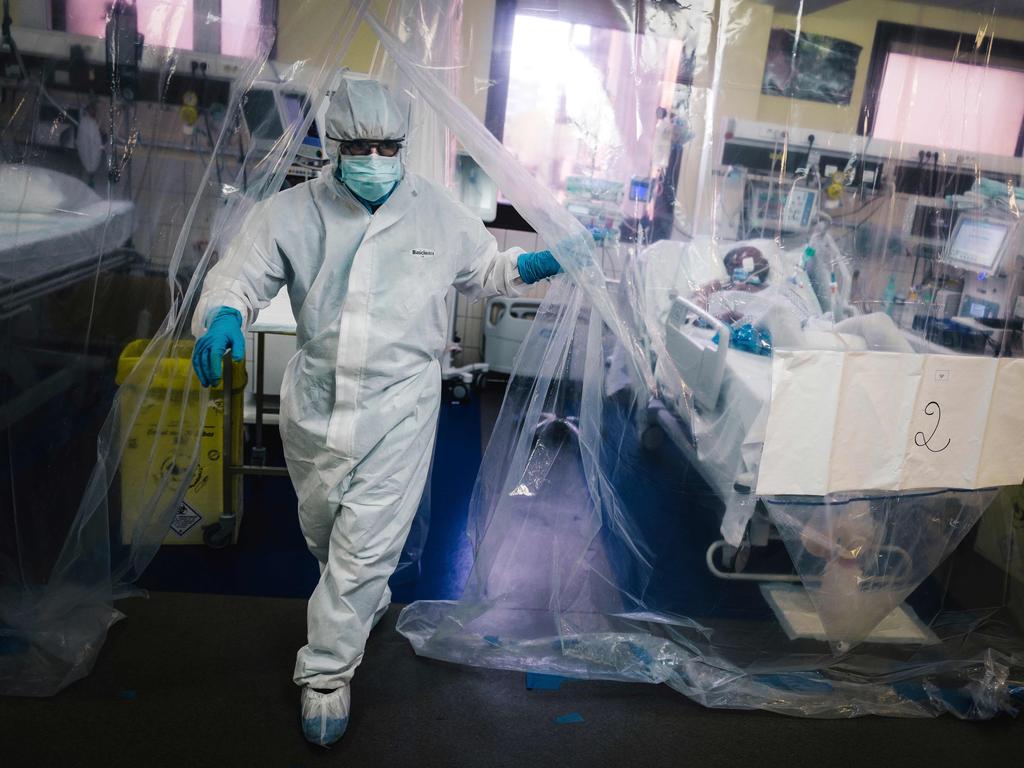
As Europe imposed new restrictions, hopes for vaccines or treatment to provide relief suffered a blow with the suspension of two clinical trials in the United States.
US pharmaceutical firm Eli Lilly said it had suspended the Phase 3 trial of its antibody treatment over an unspecified incident, the second in less than 24 hours after Johnson & Johnson ran into a similar problem with its vaccine candidate.
Despite the setbacks, which health experts say is normal as testing scales up massively in its later stages, the World Bank approved $12 billion for developing countries to finance the purchase and distribution of vaccines, tests and treatment.
Russian President Vladimir Putin said Moscow had registered a second vaccine dubbed “EpiVacCorona”, developed by a top-secret Siberian laboratory, to follow its first “Sputnik” jab.
In Britain, the new head of domestic security service MI5 said his agency was working to ward off foreign meddling or espionage against the country’s vaccine development projects.



